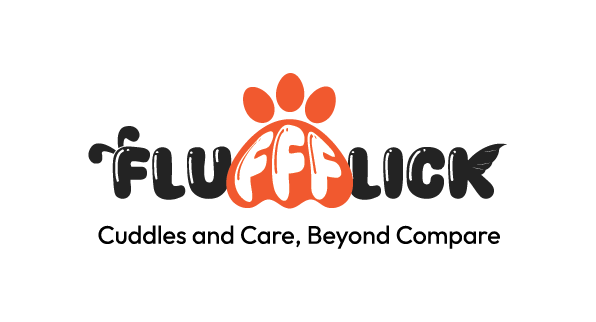Proper nutrition is fundamental to your dog’s health and well-being, providing the essential nutrients they need to thrive. With an overwhelming array of dog food options on the market, choosing the right one can be challenging. To help guide your decision, we turn to veterinary nutritionists, experts in animal nutrition, who recommend dog foods that prioritize quality ingredients, balanced nutrition, and safety. Let’s explore their top recommendations for nourishing your canine companion.
1. Focus on Quality Ingredients: Veterinary nutritionists emphasize the importance of selecting dog foods made with high-quality ingredients. Look for options that list meat, poultry, or fish as the first ingredient, indicating a high protein content. Avoid foods that contain fillers, by-products, artificial colors, and preservatives, as these offer little nutritional value and may be harmful to your dog’s health.
2. Ensure Balanced Nutrition: A balanced diet is essential to your dog’s overall health and vitality. Veterinary nutritionists recommend dog foods that meet the nutritional guidelines established by organizations such as the Association of American Feed Control Officials (AAFCO). These guidelines ensure that the food provides the necessary nutrients, vitamins, and minerals to support your dog’s growth, development, and maintenance.
3. Consider Your Dog’s Age and Health Needs: Dogs have different nutritional requirements depending on their age, size, breed, and health status. Veterinary nutritionists recommend selecting a dog food formula that is appropriate for your dog’s life stage (e.g., puppy, adult, senior) and tailored to any specific health needs or dietary restrictions they may have (e.g., weight management, digestive issues, allergies).
4. Choose Reputable Brands: When selecting a dog food, choose brands that have a reputation for quality, safety, and transparency. Look for brands that conduct regular quality control testing, source ingredients responsibly, and provide detailed information about their formulations and manufacturing processes.
5. Consider Formulation and Processing Methods: Veterinary nutritionists recommend dog foods that are formulated using evidence-based research and scientific principles. Look for foods that are formulated by board-certified veterinary nutritionists or have undergone feeding trials to ensure they are nutritionally complete and balanced. Additionally, consider the processing methods used, as gentle processing techniques help preserve the nutritional integrity of the ingredients.
6. Monitor Your Dog’s Response: After transitioning to a new dog food, monitor your dog’s response closely. Look for signs of improved energy levels, healthy skin and coat, regular digestion, and overall well-being. If you notice any negative reactions or changes in your dog’s health, consult with your veterinarian to adjust their diet accordingly.
7. Consult with Your Veterinarian: Before making any significant changes to your dog’s diet, it’s essential to consult with your veterinarian. They can provide personalized recommendations based on your dog’s individual needs, health status, and dietary preferences. Your veterinarian may also recommend additional supplements or dietary modifications to optimize your dog’s nutrition.
Conclusion: Choosing the right dog food is a critical decision that can significantly impact your dog’s health and well-being. By following the recommendations of veterinary nutritionists and selecting foods that prioritize quality ingredients, balanced nutrition, and safety, you can provide your canine companion with the nourishment they need to thrive. Remember, every dog is unique, so it may take some experimentation to find the perfect food that meets your dog’s specific needs and preferences. With careful consideration and guidance from veterinary professionals, you can make informed decisions that support your dog’s health and happiness for years to come.


